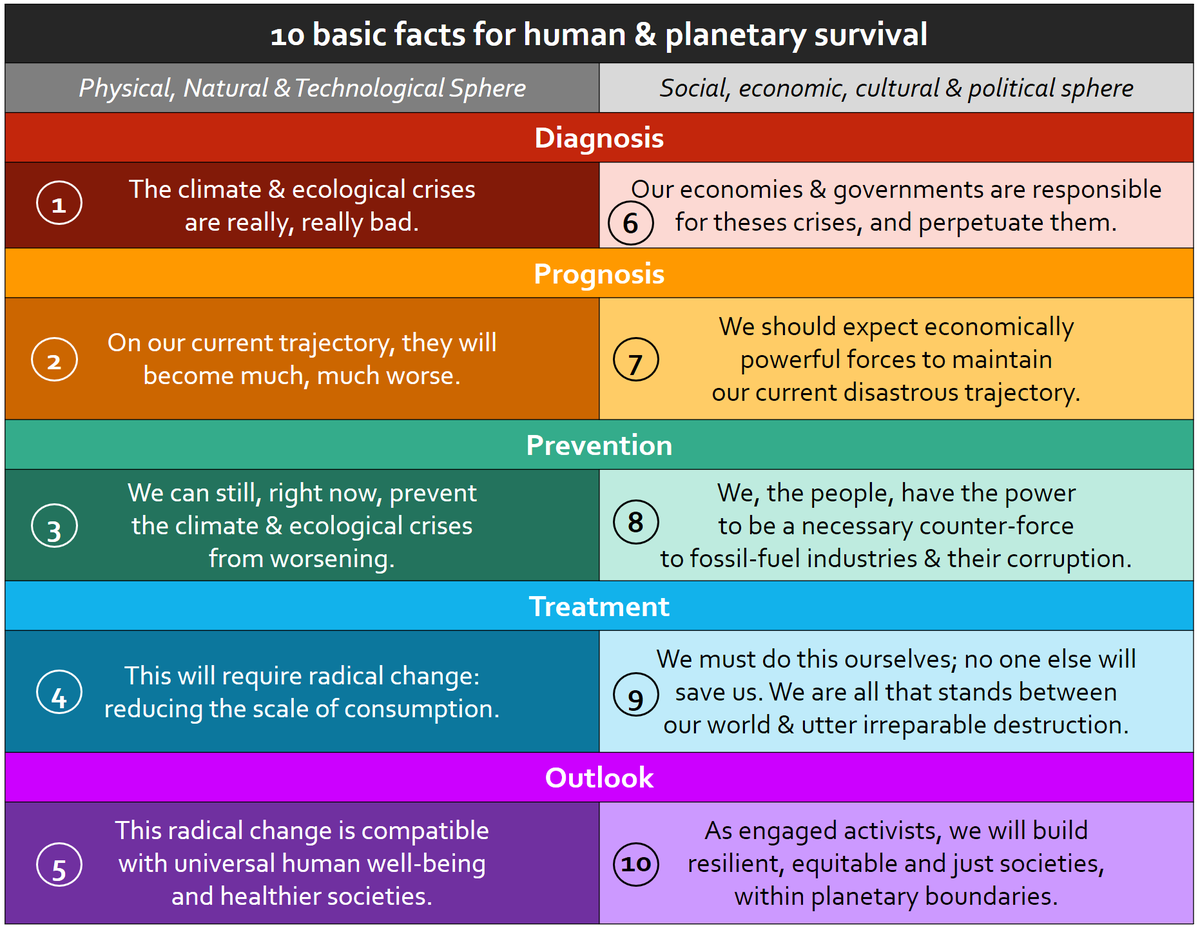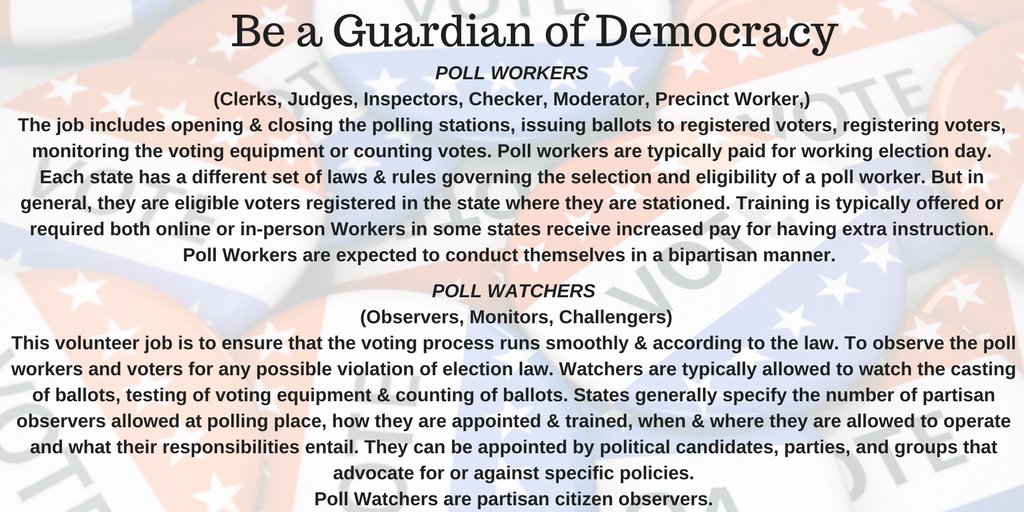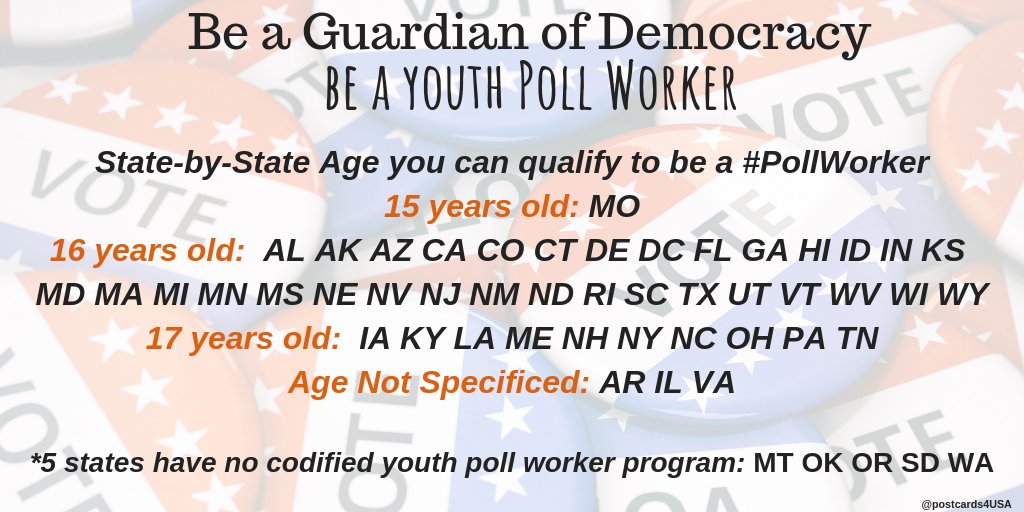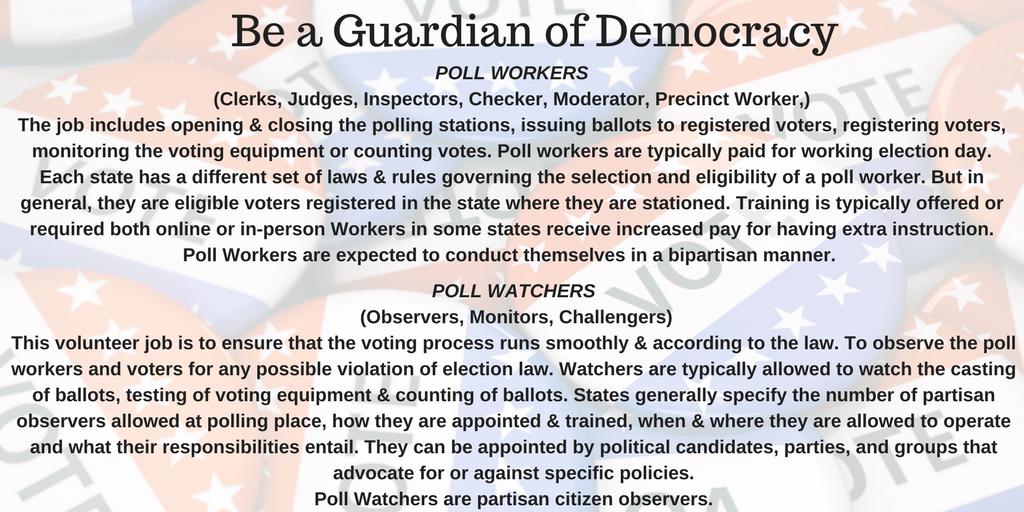drive.google.com/open?id=1SXGPn…
We start, fittingly, with a koala in a burning forest, slowly suffocating and burning alive. 1/

Either God caused it (denying divine omnibenevolence), which is problematic.
Or an independent evil force made it happen (denying God’s omnipotence), equally problematic. 5/
Why do bad things happen? we did it 8/
1. Intense suffering exists that an all-good God could prevent without thereby losing some greater good
2. An omniscient etc God would prevent this
--
3. There does not exist an omniscient etc. God 14/
(1) Suffering is not useful - but then why does God not prevent it? or
(2) The suffering is useful after all - but why would God use such horrible tools to achieve God's ends.
Grasping one of the horns will be unavoidable. 24/
kenchung.org 25/

Christopher Southgate argues the same for animals, also compensated in afterlife 26/
amazon.com/gp/product/066…
1. God exists
2. God would prevent pointless suffering
3. Therefore, There's no pointless suffering 28/










